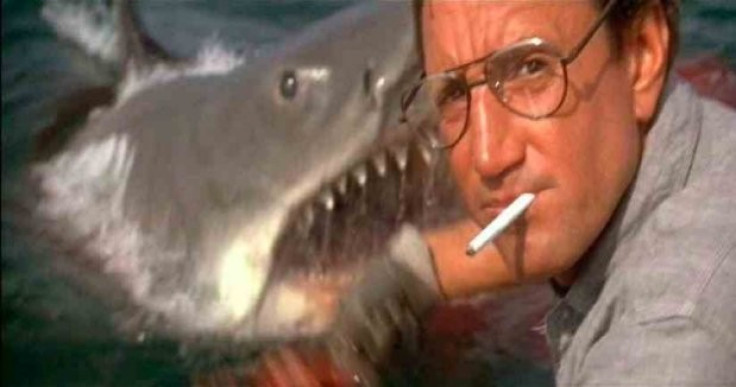Cape Cod Beaches Closed After Multiple Great White Shark Sightings

A series of great white shark sightings have caused the closure of several beaches on Cape Cod in Massachusetts. Reports indicate at least three sharks were sighted along Cape Cod beaches, with the sharks measuring between 14 and 18 feet.
One popular Cape Cod destination, Nauset Beach in Orleans, will be closed to swimmers at least through Labor Day, Cape Cod Online reported. This could be a big blow for the region, as the Labor Day holiday weekend is one of its most popular resort times.
The first two shark sightings were made by different commercial-fishing spotter plane pilots, and the third was made by state shark expert Greg Skomal. As a result of the great white sightings, multiple beaches on Cape Cod are closed.
No shark attacks have been reported, but authorities in the area are taking no chances.
However, it's worth noting that since 1936 there has only been one recorded shark attack in the New England area, so it's much more likely that a swimmer will meet his or her end by drowning than by being eaten by a shark.
Business Insider reported the increased sightings of great white sharks can be directly traced to an influx of seals along the Massachusetts coast. Seals are a favorite food source for great whites, so the man-eating sharks have been following the seals just a little too close to human civilization lately
Meanwhile, Cape Cod is in the vicinity of Martha's Vineyard, the island setting employed by Stephen Spielberg while making his blockbuster film "Jaws" in 1975.
Considering the first shark attack in New England since 1936 occurred in July, as noted by ABC News, residents of Cape Cod have good cause to be a little wary about going out in the water at this time.
© Copyright IBTimes 2024. All rights reserved.












